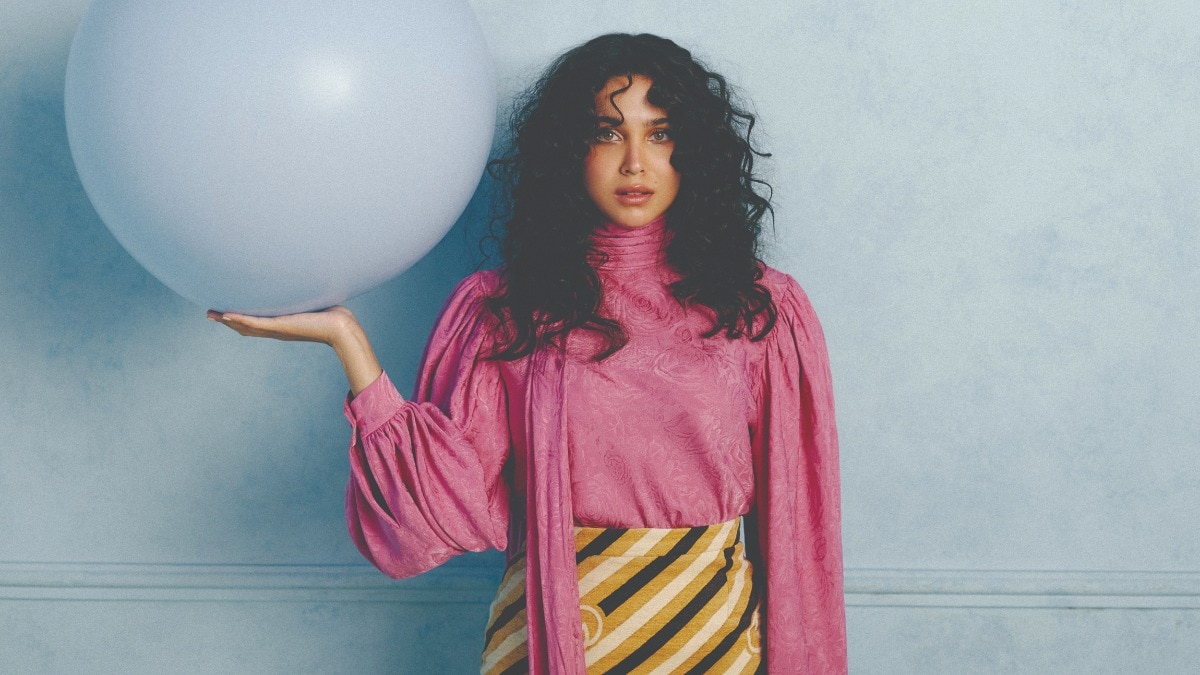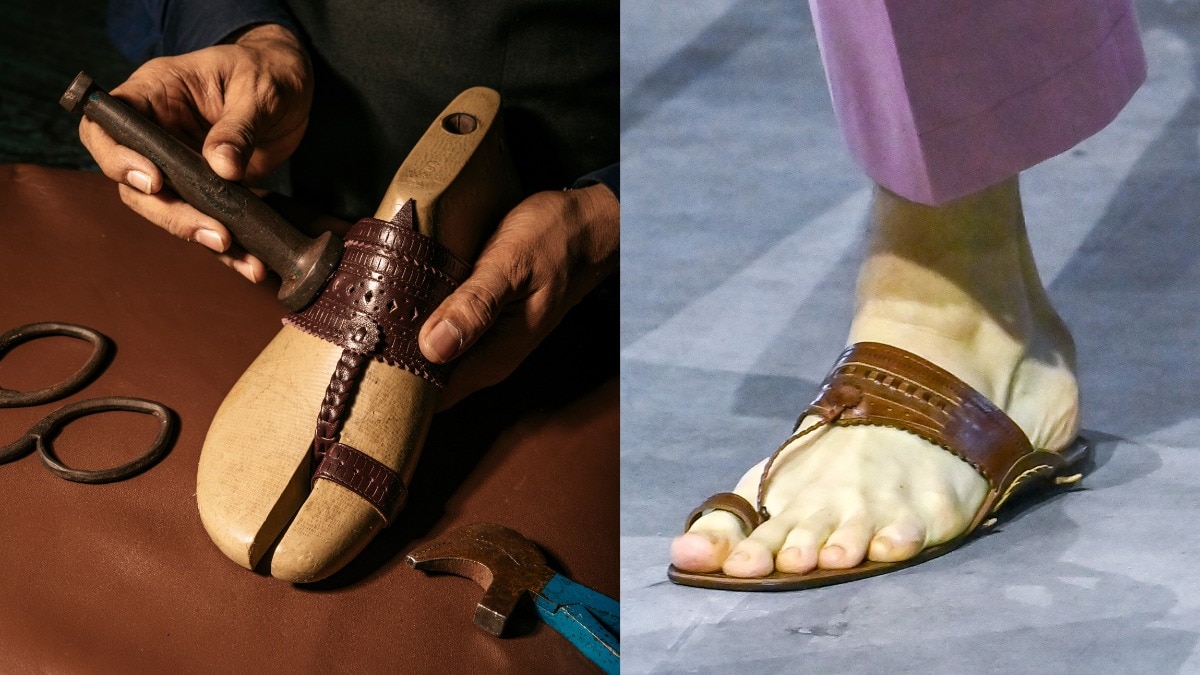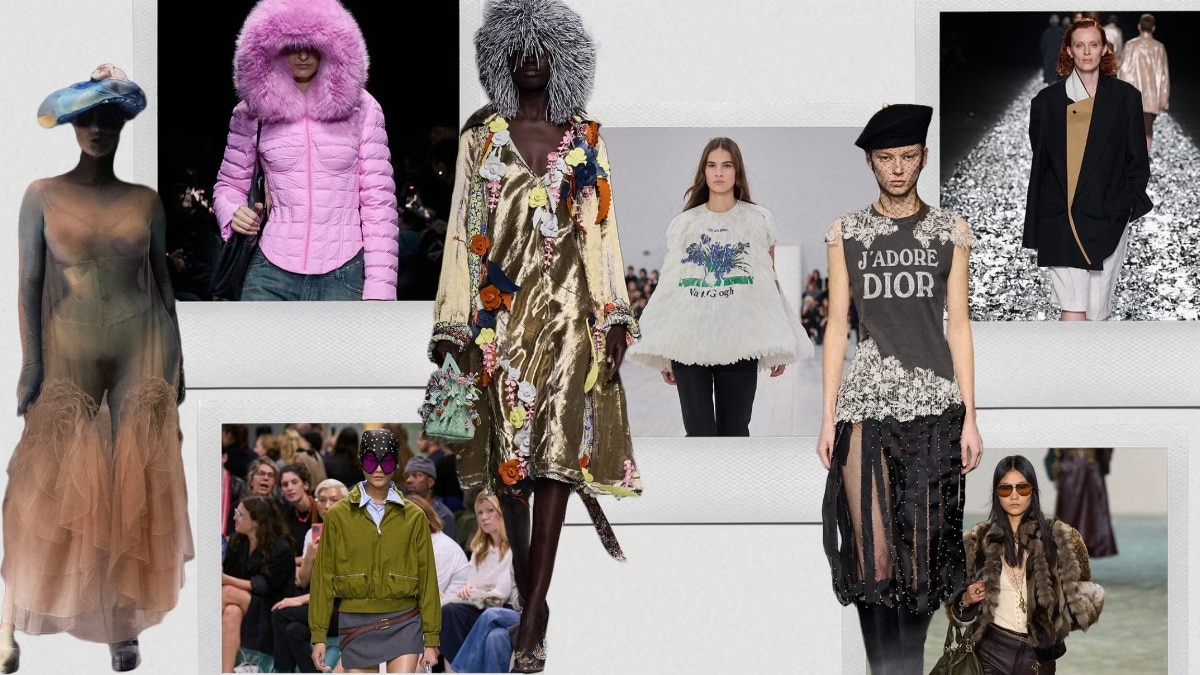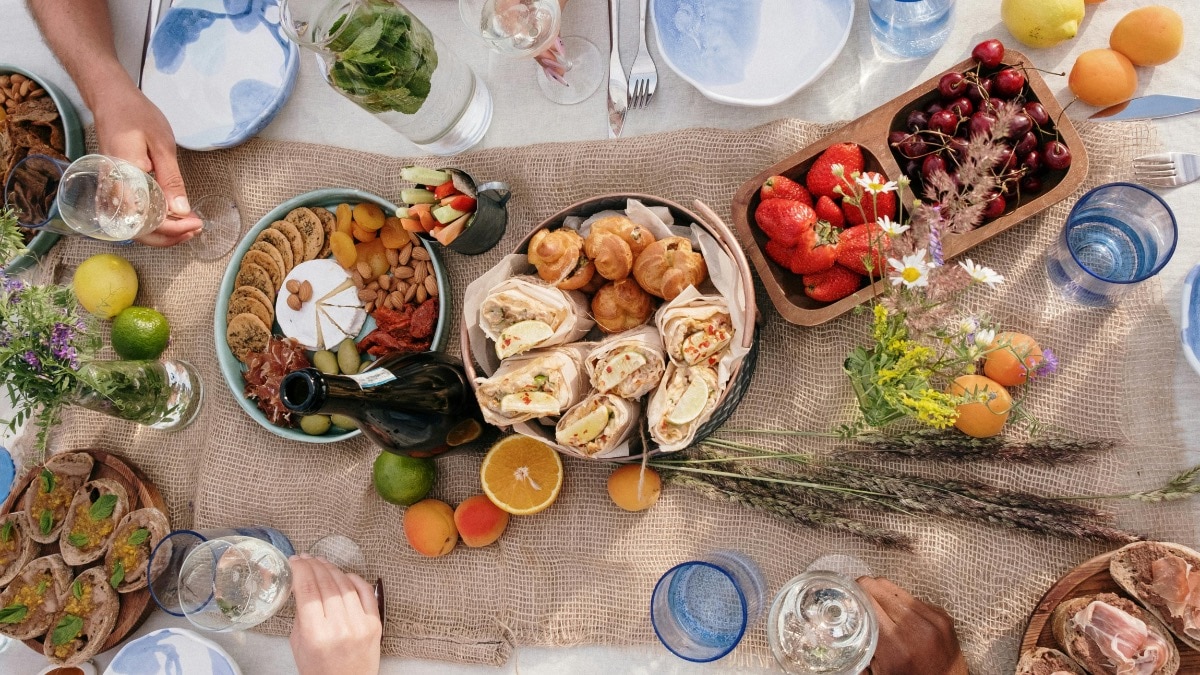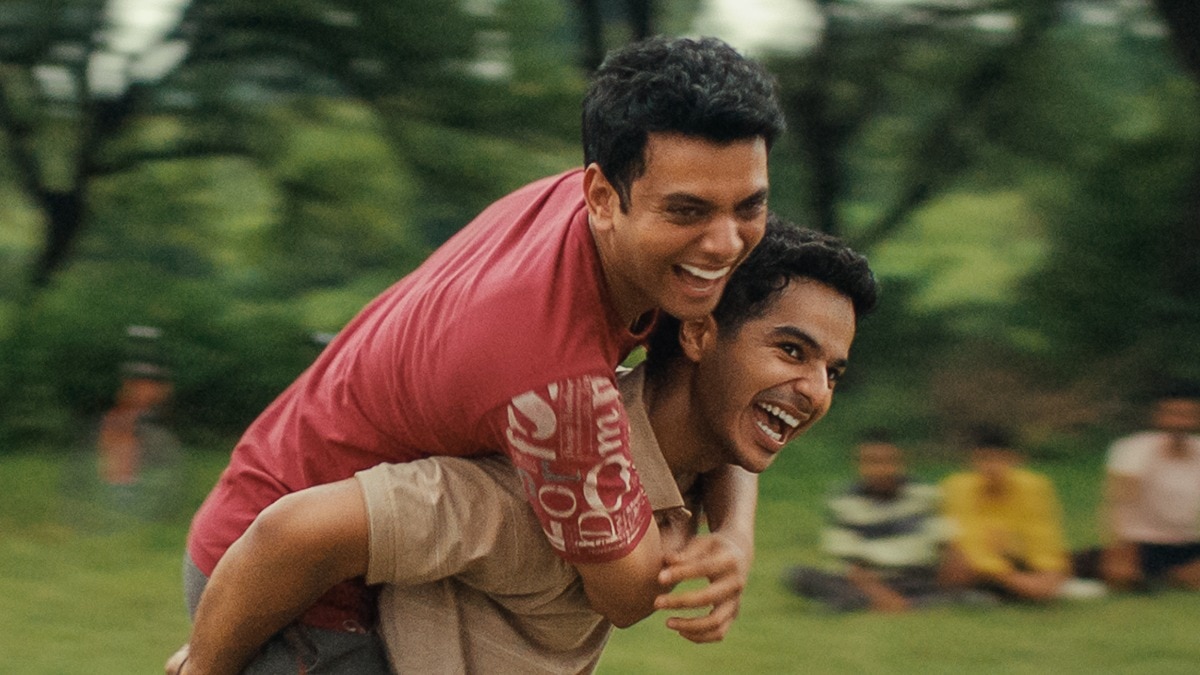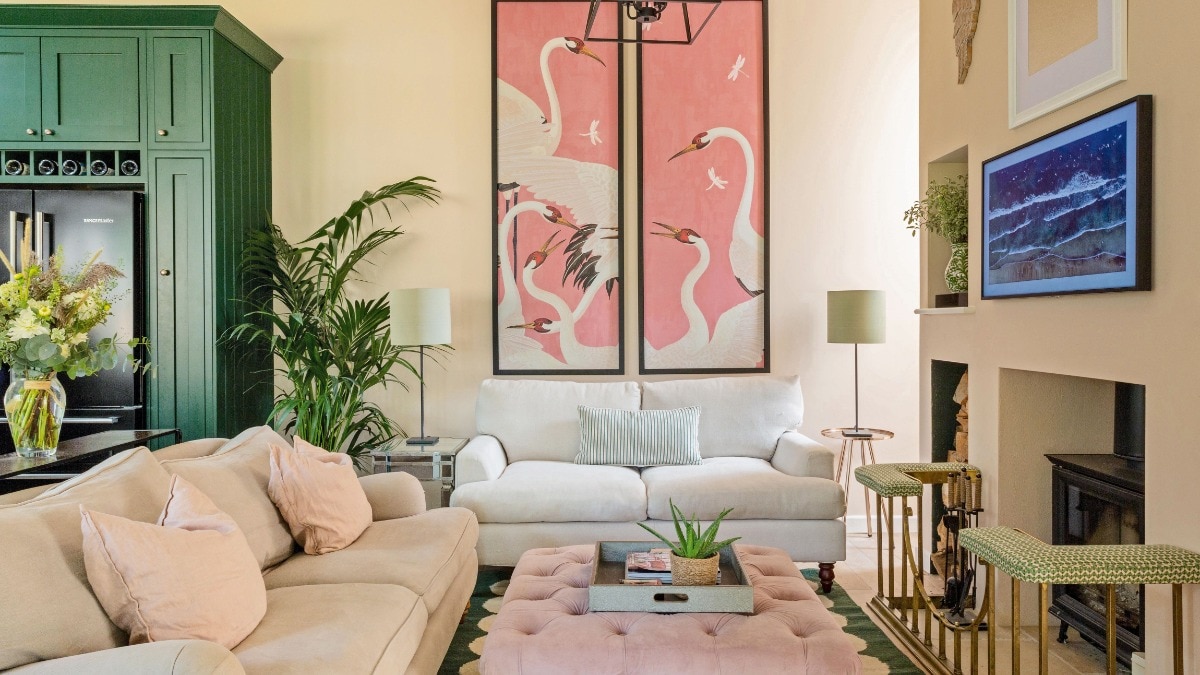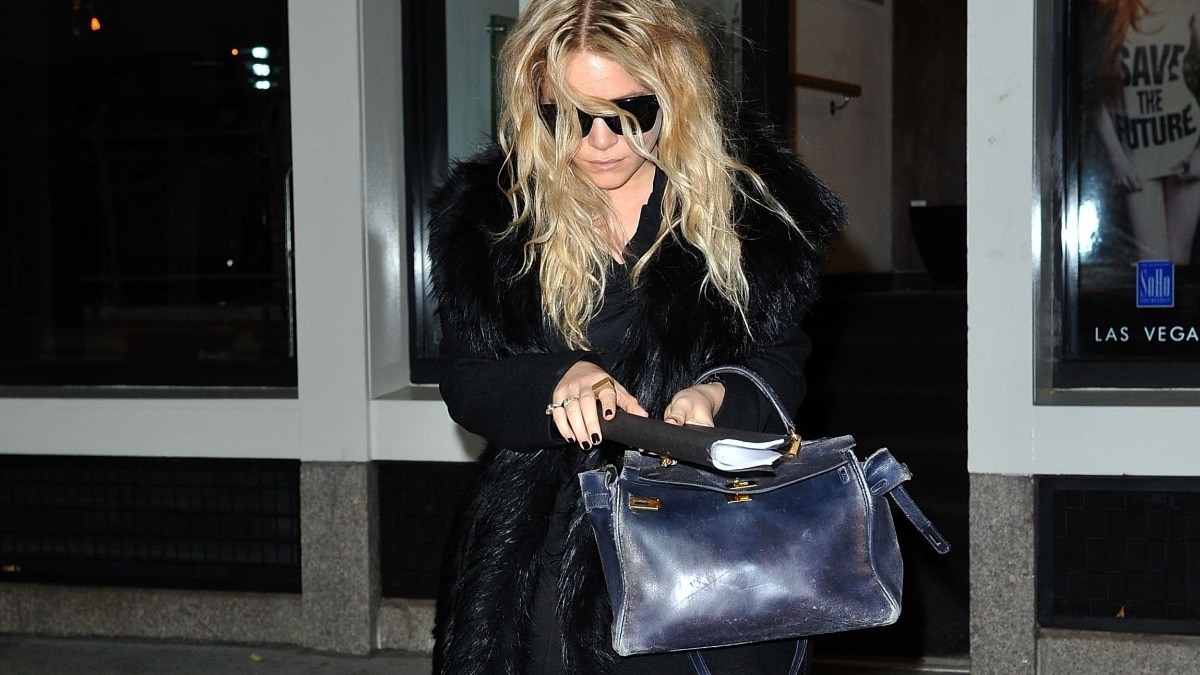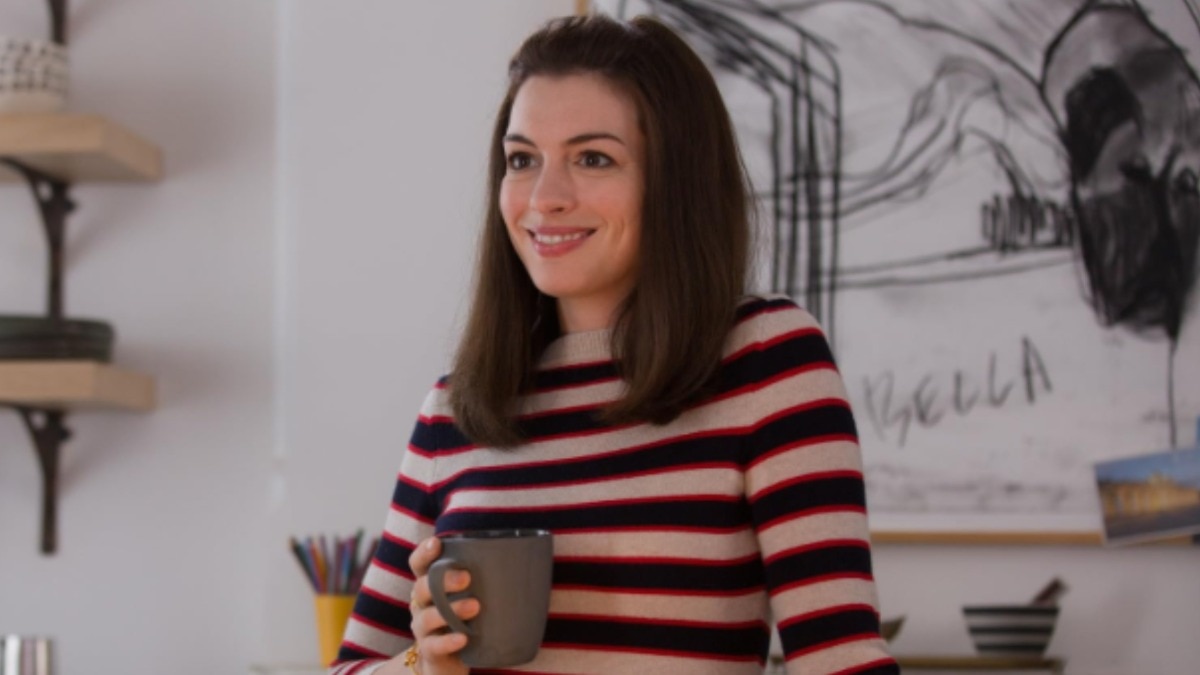Philippine Leroy-Beaulieu has never been more sure of herself
The 'Emily in Paris' actor on what she’s learned from being Sylvie so far.

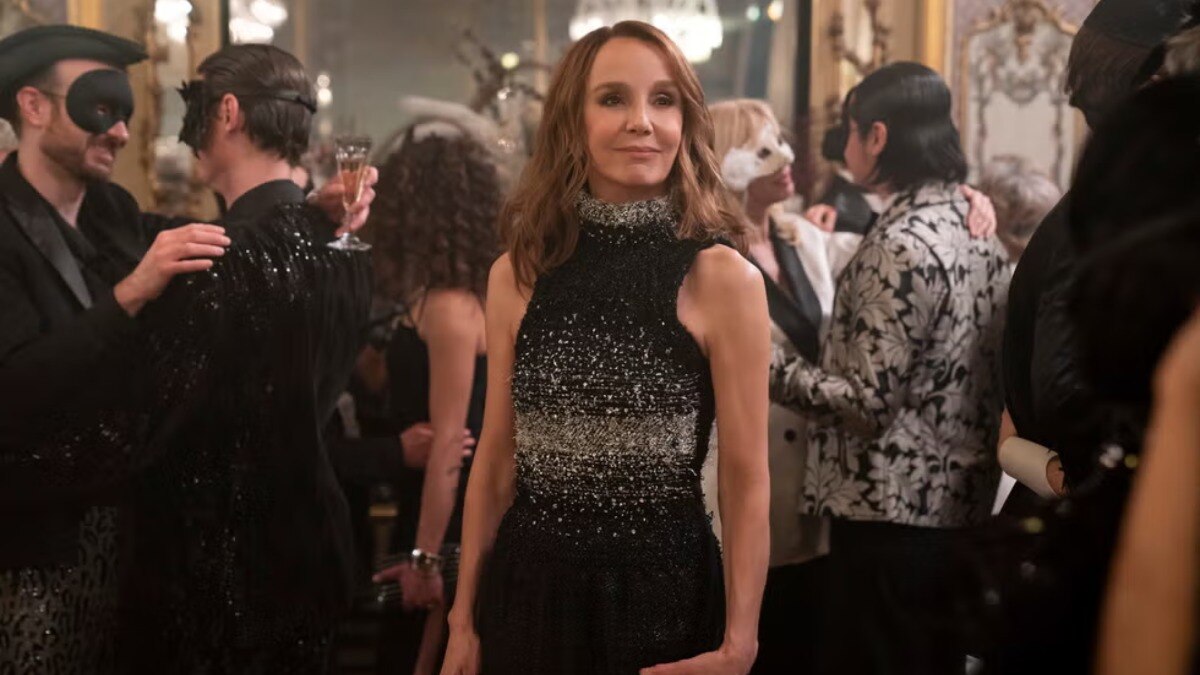
Philippine Leroy-Beaulieu admits she doesn’t quite understand the fascination with Sylvie Grateau, the effortlessly chic marketing executive she has played for four seasons on Darren Star’s breezy Netflix romantic dramedy Emily in Paris. After all, the French actor has gotten more feedback about her role as a blasé boss from younger—rather than older—generations of women, who seem to fear and revere her in the same way that protagonist Emily Cooper (Lily Collins) does.
“Maybe the younger generation sees Sylvie as somebody who refuses to be a victim, which I think is probably inspiring,” Leroy tells Harper’s Bazaar. “It’s always hard to talk about what other people see in (your own) character, but I think they like the strength and the irreverence, and somebody who speaks her mind, who’s not afraid to be sometimes a bit brutal.”
Sylvie was introduced in the first season as—as Leroy-Beaulieu puts it—the sharp-tongued “French bitch” who turned up her nose at the perky protagonist’s decidedly American view of the world. But as Emily comes to discover, Sylvie’s tough exterior belies the scars of her painful past. In the fourth season, the first half of which is now streaming, Sylvie decides to speak with an investigative reporter at French newspaper Le Monde about her experience working as an assistant for Louis de Léon, CEO of the fictional luxury conglomerate JVMA, who once abused his power over her. (The second half of season four premieres at midnight September 12.)
Through playing a woman of a certain age who is stepping into her own power, Leroy-Beaulieu has grown to feel even more empowered in her own life. “What I’ve learned is, I value my courage much more than I used to. I didn’t really know how brave I was, and Sylvie showed me that I was quite brave, actually,” she says. “I probably had a different vision of myself than before, because I realised that I was stronger than I thought.”
On a recent call from Los Angeles, Leroy-Beaulieu opened up about the show’s exploration of sexual misconduct this season and the inevitable fallout for Sylvie, why she (like her character) refuses to be seen as a victim, and how her joie de vivre was actually shaped by a childhood in Italy.
When Emily in Paris debuted, the show was criticised for perpetuating stereotypes about French people, but some of those early critics have since changed their tune. How have you seen the shift in public perception—particularly in France—of Emily in Paris? What do you find French people saying about it when they come up to you on the street now?
Well, the French don’t talk to me on the street. It’s actually the tourists that talk to me on the street. The French, the Parisians, are blasé. (Laughs.) But no, what happens is that they’re seeing that we’re going deeper and deeper into Emily’s vision. When Emily first comes to Paris, she sees the obvious (clichés): The French are not nice, they’re arrogant, and all that. But then with time, she gets immersed into the culture, which makes us, as French (people), perceive what she sees in a different way. So the French are liking it now, because they see that Emily is relating to deeper issues in the French culture. It’s not just the stereotypes that we saw in season one—which are normal, because that’s what you see when you first get to Paris.
It’s the interesting thing about being immersed in the culture—it’s finding a way to blend your own vision of the world with other people’s vision. I travel a lot, and I love to try to immerse myself in a way (where) I’m not going to always judge the unknown culture in a way that is too French. I try to stay as open as possible, and I think that’s what Emily is doing more and more. I guess the French like that. Even though they judge a lot, they don’t want to be judged.
You’ve described Sylvie as a “wounded warrior” who’s had to endure a lot to get to where she is now. How have Darren and the rest of the writers begun to incorporate parts of your own life into the character? And what do you think is the biggest difference between you and Sylvie now?
I don’t know what their vision of me is, but what I’m seeing is that they see stuff that I don’t see. I love what (Carl) Jung said about the subconscious: “Your subconscious is your back. You don’t see it, but other people see it.” I think Darren is very clever at looking at people and finding all these secrets that we try to hide. So they’re using that for me, but also for everybody else (on the show). He’s always inspired by the actors he’s chosen; he reveals stuff that sometimes we’re not even aware that we are.
I think I’m trying to grow out of my fear a lot more than her for the moment; I’m trying to get ahead of her a little bit. Maybe Sylvie’s going to evolve, but for the moment, she’s still very wounded and very into her solitude. I think this show is about lonely women who can’t find the right partner to go about life. There’s this aspect of indecisiveness in all of them that’s really interesting, but I guess it’s much more interesting to play a wounded character than somebody who’s solved all their problems in life. Otherwise, there’s nothing to tell!
What new layers did you find in playing Sylvie this season?
There’s this really old wound that I didn’t know existed before, and (I discovered) her capacity to not be a victim—to live with it for years and years, and suddenly decide that she had to talk because she had to make things right for other women. Her generosity was interesting to me, because she does put her life at stake, her husband’s business at stake, by doing that, but she feels compelled to do the right thing for younger generations.
How will Sylvie deal with the fallout from speaking out against Louis de Léon?
It affects not only her—it affects the relationship between (Ashley Park’s) Mindy and (Louis’s son) Nicolas [played by Paul Forman]; it could affect the relationship between Emily and Mindy, but it doesn’t at the end. It snowballs into different stories that affect all the characters in the show. (Sylvie’s) concern now is to try not to be the victim of what she just did. She did something that’s quite fearless, but now she needs to try to find her way through this storm that she created. She’s still trying to defend the point of view that she has towards this huge empire of JVMA, which we’ll see at the end of the season.
What do you make of the way the #MeToo movement has evolved, particularly in France?
I think the French have a very different way of looking at these problems. It’s true that it hasn’t evolved the same way as in the Anglo-Saxon world, but the French have exceptions culturelles, so they have their own take on these things. It doesn’t mean it doesn’t evolve. Maybe they’re not as loud about it, but people are more and more conscious about it. The young girls are more and more conscious about it.
I’m not even sure the #MeToo movement has really solved all the issues. In the Anglo-Saxon world, even though people speak up, it’s still there. There’s this polarised vision of the world right now in every field, but also of women and men, and I think it’s going to evolve. We can’t solve a problem like this in a few years. We need to be patient and educate ourselves more and more.
That’s why I think it’s important that a character like Sylvie, as an elder in the show, talks about this, because she has no issues with this anymore. She didn’t feel she was a victim. But she has this feeling that she needs to talk, because she needs to tell the young women that they need to talk too. So she’s trying to give an example of, “Girls, let’s talk about this.”
I think it’s an illusion to think that because #MeToo existed, it’s solved. It’s not. It’s still everywhere, actually. It’s wishful thinking. We need generations to go through this. I know the younger generation—my daughter’s 30, and she already has very strong feelings about all this—they’ve learned a lot from this movement. But it’s going to take time for things to really evolve and also for men to evolve.
At one point this season, Sylvie says to her husband, Laurent: “I’m not a victim. I’ve worked my whole life to get to where I am. I wanted to write my own story, instead of being part of his.” I don’t want to conflate you with Sylvie, but you seem to be aligned in your refusal to see yourself as a victim in any situation that would assign you that label. Can you walk me through your reasoning?
Because I think even though you might be the victim of something that happens, obstacles are there to make you grow—not to kill you. Obstacles are always an extraordinary chance to grow out of your comfort zone and become something else. I think if you stay in a victim position, you might not grow. Life is about growing. I love that the character says that it’s about growing out of every difficulty that you find yourself in—and I’ve always seen life like that. I’ve always thought that whatever life brought me was a test to see how much courage, how much love, how enthusiasm I had. And it’s always brought me places where I never expect to go.
You’ve previously said that the way you avoided that kind of inappropriate behavior was by avoiding those kinds of situations altogether—you didn’t work with certain people, you didn’t go to certain parties. How did you find your own voice and agency as an actor?
I’ve always valued my freedom. Living life (on my terms) was very important for me. [I see] life as an adventure, as an experience that I live not only through my work, so I did stuff that was not really what an actor would do. I would go and live in Brazil for six months and travel around the world with my kid, while people were saying, “You should be in Paris working.” I needed to do other stuff with her. I also had a father who had that kind of freedom in his head, so he was an example for me.
I did go through moments where I was really scared that I was losing everything in my career, obviously. But I also had this trust that eventually, things would work out. I don’t know why, but for some reason, I thought things were going to work out. So it was important for me to have the experiences I needed to have—and not to just be a prisoner of my job. As we know, it’s a hard job, and it can take a lot from you. So I wanted to be there, but still be able to live my life in terms of experiences—with people, with different countries—[while] doing deep work on myself. I’ve never planned anything … so I don’t even know how to really talk about it. I’ve never reflected on it as a system or anything. I’ve just tried to be myself and follow my heart, basically.
Have you always been someone who has embraced ageing, or is that a feeling that has grown over time, as you’ve become more at peace with yourself?
It grows with age. (Laughs.) You embrace it because you’re interested in different things with time. Sharing stuff with the younger generation has become more and more important to me, especially after Sylvie, because I see how they kind of look up to this character. So I’m like, “Okay, I need to share more with them, try to nurture them, and give them courage and strength and a taste of freedom that our society doesn’t give us.”
You were born and raised in Rome. How did your upbringing in Italy shape the way you see the world and the way you live your life?
Rome is such a special place, especially in those times. Italy is a very special place not only in my heart, but I think it’s a very special place especially for a kid to grow. It’s a country where people have a huge heart. It’s given me a different take on life—and especially (when I was) going to Paris. Even though it’s called the City of Love, Paris is a much colder city; people are much colder than in Italy. So there was a sense of freedom, of being nurtured and loved, which has kept me really warm all my life.
[I remember] my father (the late, famed French actor Philippe Leroy) being an actor there and seeing so many different people in the house all the time. It was a period where in the ’70s, Italy was not only the centre of cinema—it was the centre of culture. Rome was a huge cultural platform, basically. A lot of artists were there, and everybody mixed. It was the late hippies (era) and all that, but it was so creative, it was so incredibly free, so that stayed with me in my heart.
It gave me probably that irreverence that I can express in Sylvie too, because I have this vision of life that is more ironic than probably a lot of French. The Italians have this self-deprecating sense of humour that I love and that the French don’t have—they’re more about mockery. So it’s a huge bag that I carry with me with a lot of beautiful stuff. It’s always hard to talk about what (those experiences) give you, because other people see it. A lot of people tell me, “Oh, you’re so Italian,” and I don’t really see it. I’m just myself. But there’s something about me that is more on the sunny side.
This article first appeared in harpersbazaar.com in August 2024.
Also read: Will there be a ‘Emily in Paris’ Season 5? Here’s what we know so far
Also read: Emily in Paris inspired outfits you can add to your wardrobe

